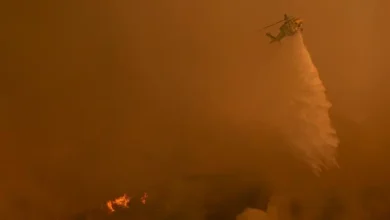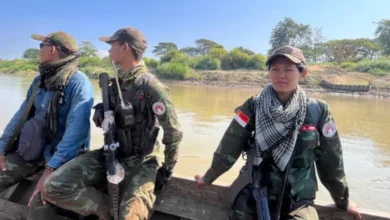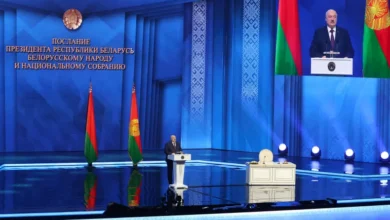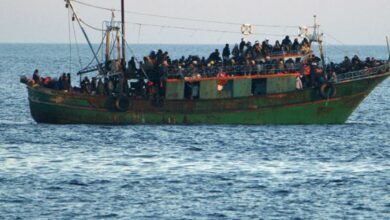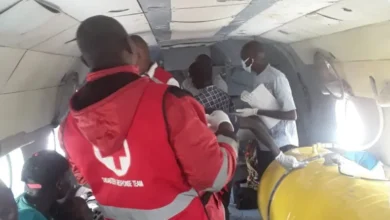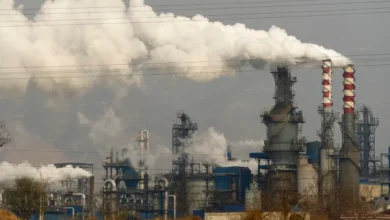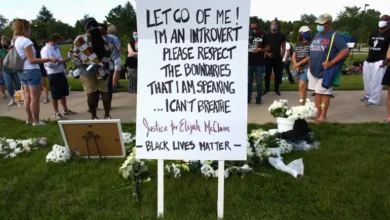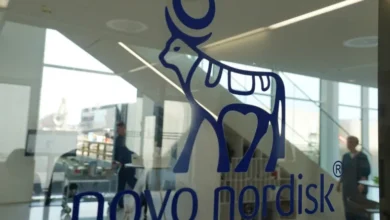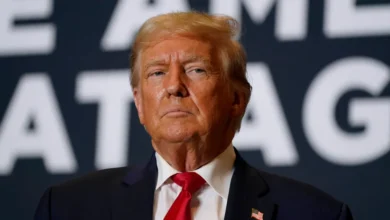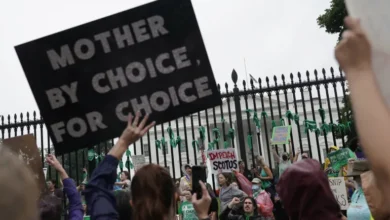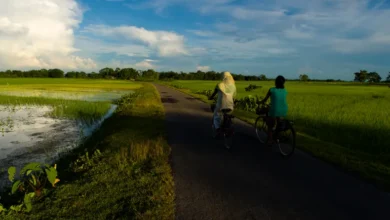How the world keeps failing eastern DRC
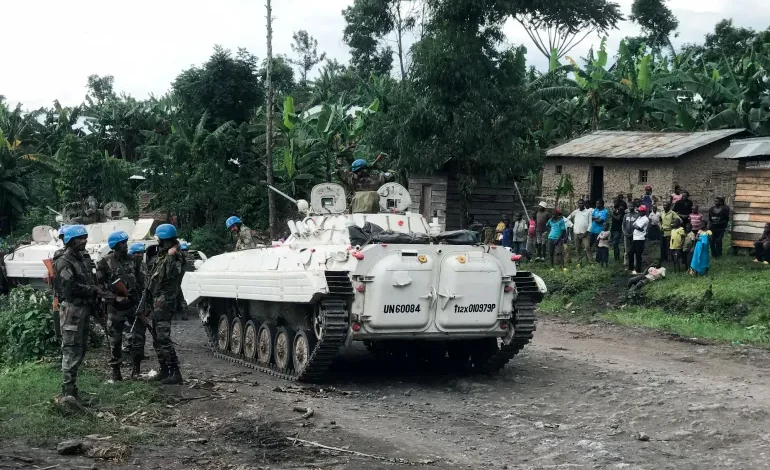
On August 10, at least 18 were killed near the city of Beni, in the eastern Democratic Republic of the Congo (DRC) near the border with Uganda. Two months earlier, on June 7, a massacre had left 80 dead, and another one on June 13 had killed 40 people. Such attacks have become all too common in recent years.
The intense violence in this part of eastern DRC has been generally attributed to the Allied Democratic Forces, a Ugandan-origin rebel group that pledged allegiance to the Islamic State in 2019. As with previous massacres, none of the nearby military forces – including the Congolese army, invited Ugandan military or UN peacekeeping troops – intervened to stop the killing.
This inaction reflects a broader politics of agony that has turned eastern DRC into a graveyard for thousands of civilians. At its roots is the failure of the mantra of good intentions professed by a divided and distracted “international community”. So, where did it all go wrong?
For the better part of the last three decades, the DRC has topped international counts of conflict-induced internal displacement – currently peaking at nearly 7 million, according to the International Organization for Migration. Meanwhile, human rights violations by both armed groups and government forces have cascaded. More often than not, concomitant cycles of violence and displacement have gone unnoticed.
It was only with the resurgence of the March 23 Movement (M23) nearly three years ago that the conflict attracted renewed international attention. While the ensuing fighting contributed to burgeoning displacement figures, the exclusive political and media framing focusing on M23 has ignored the proliferation of armed groups causing mayhem in the region.
Meanwhile, international donors have continued to pump millions into conflict resolution, including an expensive, ageing UN peacekeeping mission, vast humanitarian funds and costly peacebuilding projects to stem “root causes”. Largely missing, in what on paper looks like dedicated engagement, are an in-depth understanding of political realities, constructive strategy and innovative diplomacy at key levels of international decision-making.
Responses to the crisis in DRC are often informed by simplistic readings of the causes of war. Pundits and influencers – including on social media – rehash tired colonial tropes about natural resources and ethnic hatred. Few commentators embrace the full, political nature of a crisis with various drivers and complex logic.
Western donors – nowadays often called “international partners” – largely continue to apply technocratic templates to political problems. Anticorruption rhetoric, regulation of “illicit” trade and calls for social cohesion feature in glossy strategies and press releases, but concrete action to tackle those scourges is often either superficial or absent from policy.
International responses also remain largely inconsistent in the specific context of the current escalation. There is little pressure to discourage the Congolese army’s active collaboration with armed groups. Networks of grand corruption are rarely prosecuted and result in bizarre on-and-off sanctions sensitive to political shifts in the relations between DRC and key Western powers, such as the European Union or the United States.
Responses to the military involvement of neighbouring countries are equally inconsistent. Western denouncement of Rwandan support for M23 does not stop the same governments from pushing for military aid to Rwanda in the context of the Mozambican crisis. Massive Burundian support to DRC received close to no international attention, even though it has further complicated the security landscape and led to a near proxy war situation between Burundi and Rwanda, heightening risks of further regional escalation.
This randomness and arbitrariness of a Western-leaning international community has not gone unnoticed by the Congolese and their neighbours.
As in similar ongoing conflicts, responses in the DRC showcase that classic international conflict resolution seems to have reached its limits and is losing much of its credibility – heralding the end of international peacebuilding and liberal interventionism in its current shape.
Contemporary conflict zones see new approaches and new actors scrambling for their place at the table. This is partly attributed to changing global power structures.
Three decades of violence in eastern DRC have ticked all the boxes in the “bucket list” of Western intervention and state-building: the DRC had its first democratic elections in 2006; it underwent a peaceful political transition; the International Monetary Fund re-engaged with the country; and regional bodies are now taking over the peacekeeping baton.
